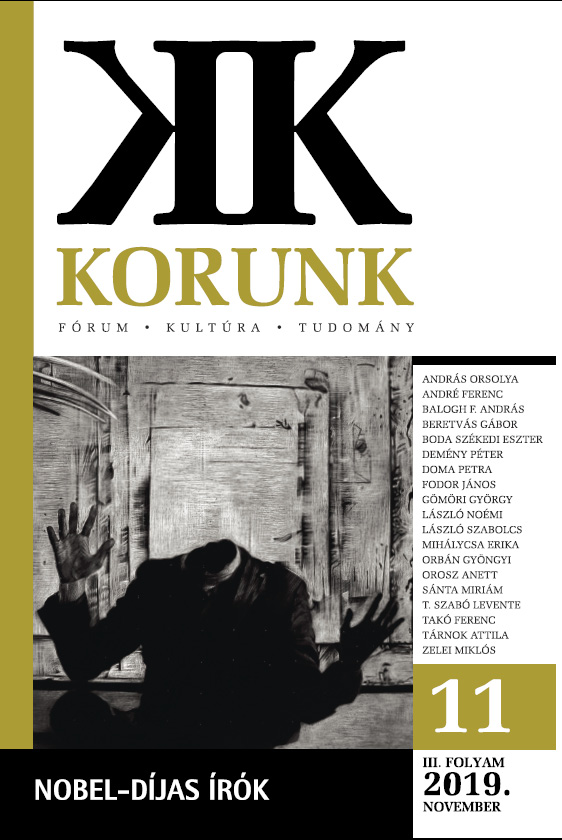A szabadság gyökere. Toni Morrison Könyörület című
regényéről
The Roots of Freedom. On Toni Morrison’s A Mercy
Author(s): Orsolya AndrásSubject(s): Studies of Literature
Published by: Korunk Baráti Társaság
Keywords: individual freedom; community; rootlessness; objectification of humans; social and gender inequality; self-empowerment; human dignity; writing
Summary/Abstract: This paper discusses Toni Morrison’s A Mercy, translated to Hungarian by Laura Lukács, and focuses on the representation of individual freedom and communities in the context of slavery. The characters experience trauma, and especially the deprivation of (maternal) love results in the sensation of rootlessness, making them extremely vulnerable. Their forgotten past and erased identity mean the loss of individual freedom and autonomy, as well as in the inability to build healthy communities. The origin of social inequality is the degradation of humans to mere objects, which is reflected in the malefemale interaction, defined by violence, dominance and humiliation. The main character Florens can regain her dignity through the power of knowledge, facing and telling her story in her individual language, and through the selfempowering act of writing.
Journal: Korunk
- Issue Year: 2019
- Issue No: 11
- Page Range: 43-51
- Page Count: 9
- Language: Hungarian

